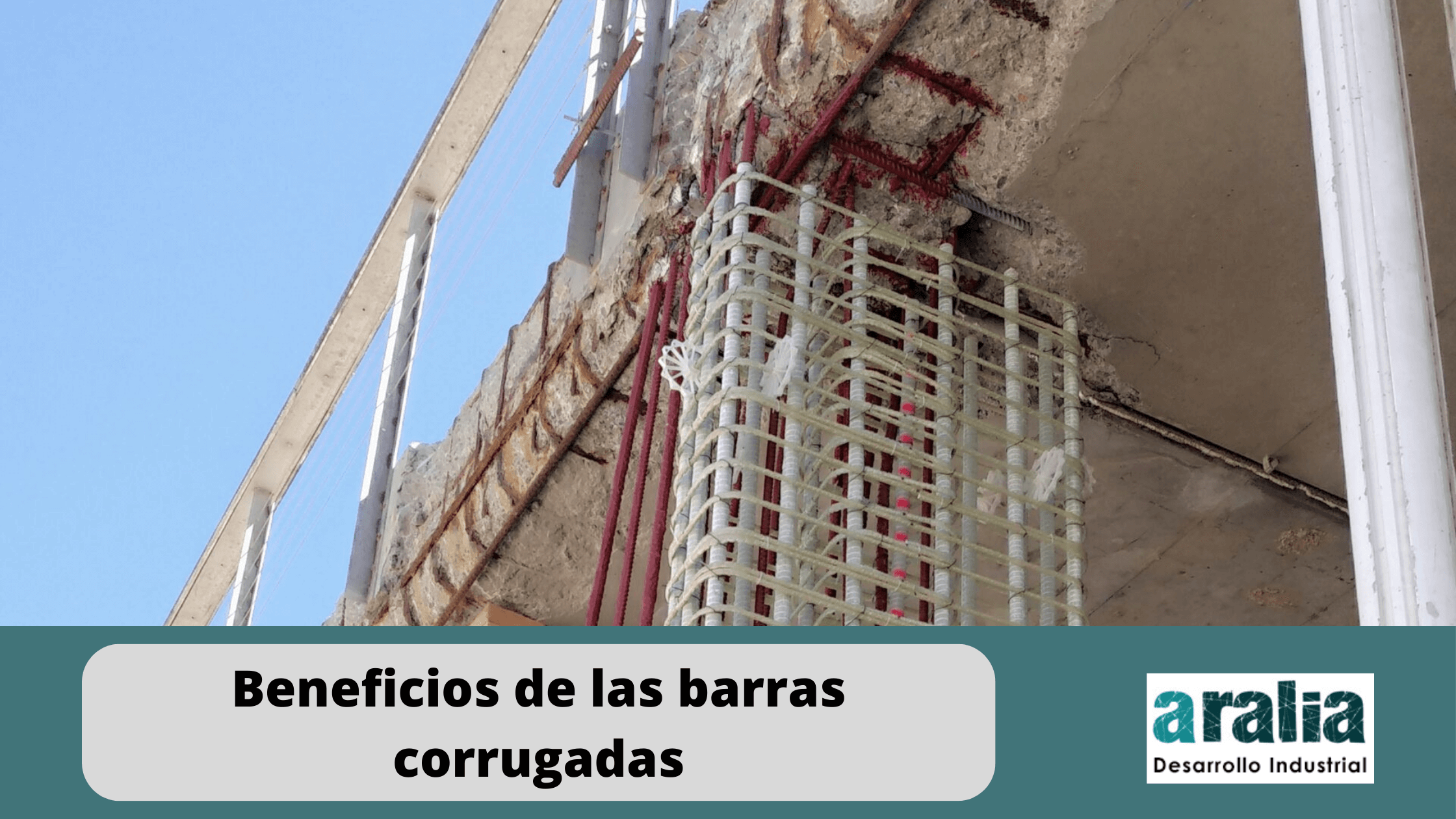
14 Feb Benefits of rebar: The key to strong, long-lasting construction
Rebar is a fundamental element in modern construction, providing strength, durability and flexibility to structures. But what are the characteristics that make them so special? In this article, we will explore in detail the properties that make rebar the ideal choice for a wide range of projects.
1. Corrosion resistance:
Rebars are made of high-quality materials, such as corrugated steel or fiberglass, which give them exceptional corrosion resistance. This makes them ideal for use in harsh environments, such as coastal areas or structures exposed to chemicals.
2. High strength and rigidity:
Deformed bars offer high tensile and compressive strength, making them the perfect solution for supporting heavy loads. Furthermore, its rigidity allows the shape and structural integrity of constructions to be maintained over time.
3. Great durability:
Rebar is designed to last. Their resistance to corrosion, abrasion and chemical agents allows them to withstand inclement weather and the most demanding environmental conditions.
4. Excellent mechanical properties:
Deformed bars have excellent ductility, which means they can be deformed without breaking. This property is essential to absorb impacts and vibrations, protecting the structure from damage.
5. Non-metallic and non-conductive properties:
In the case of fiberglass corrugated bars, they offer the advantage of being non-metallic and non-conductive. This makes them the ideal choice for applications where electrical or thermal insulation is required.
6. Lightness:
Fiberglass rebar is up to four times lighter than steel rebar. This lightness makes it easier to transport, handle and install, reducing costs and execution times.
7. Thermal expansion coefficient similar to concrete:
Fiberglass corrugated bars have a coefficient of thermal expansion similar to that of concrete. This prevents the formation of cracks and fissures in the structure due to temperature changes.
8. No sparks in the cut:
Fiberglass rebar does not generate sparks when cut, making it a safe option for working in fire or explosion risk environments.
9. Tensile strength superior to steel:
State-of-the-art fiberglass rebar offers superior tensile strength to steel, making it a more efficient and economical alternative in certain applications.
10. Easy to transport:
Its lightness and flexibility facilitate the transportation and storage of corrugated bars, optimizing on-site logistics.
11. Resistance to aggressive alkali:
Corrugated fiberglass bars are highly resistant to alkalis present in concrete, which guarantees their durability in environments with a high concentration of these elements.
12. Greater longevity of structures:
The characteristics of corrugated bars, such as their resistance to corrosion and high mechanical strength, contribute to greater longevity of structures, reducing the need for repairs and maintenance.
13. Reinforcement in fire-sensitive applications:
Fiberglass rebars are ideal for applications where fire resistance is critical, such as tunnels, high-rise buildings, and industrial structures.
In conclusion, rebar is a fundamental element for modern construction. Their strength, durability, flexibility and ease of use make them the ideal choice for a wide range of projects, from residential structures to large civil engineering works.
With rebar, the safety, efficiency and longevity of your project is guaranteed.





